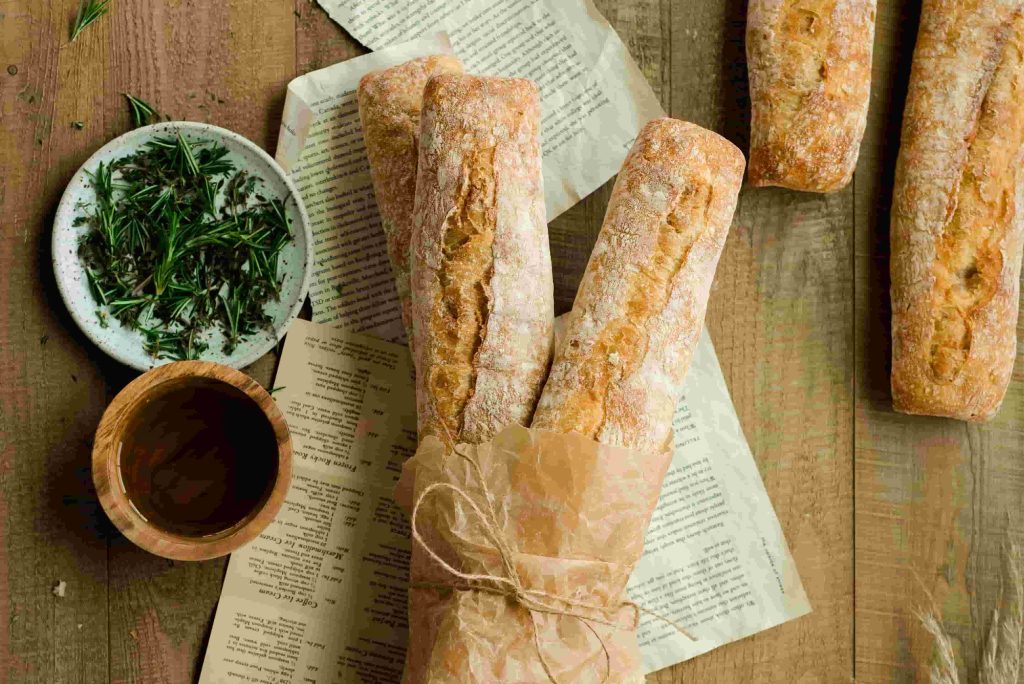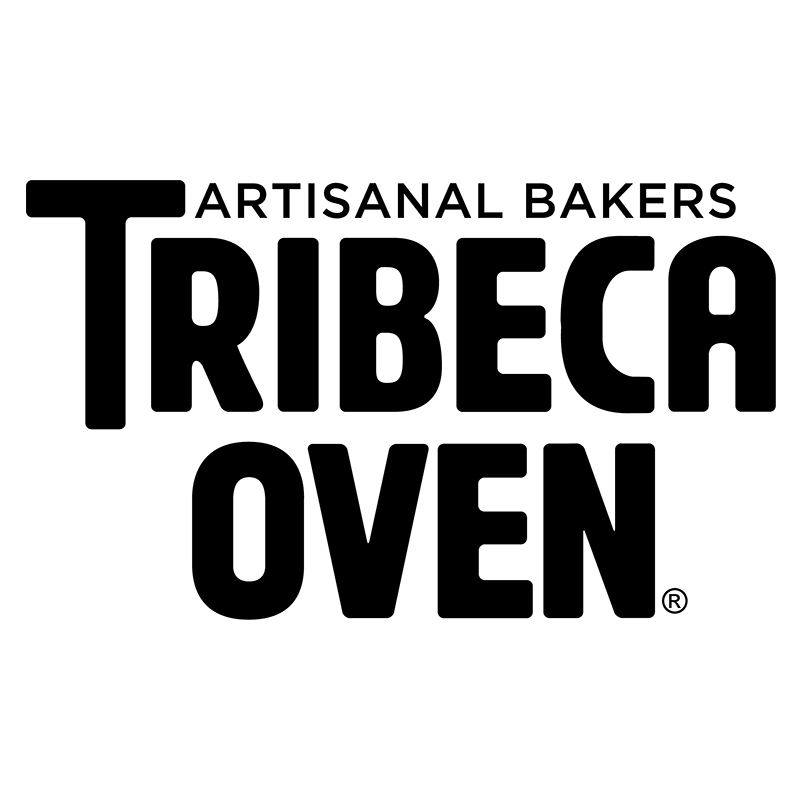01 Oct Our Continued Commitment to Sustainability

For businesses in the 21st century, sustainability should be top of mind. Not only is the topic of environmental stewardship of growing importance to consumers, it’s also the right way for companies to move forward at this critical juncture. At Tribeca Oven, our commitment to sustainability is unwavering, and we are increasing our investment in environmentally sound farming in meaningful ways.
As distributors and retailers, your customers are dedicated to supporting brands that echo their own values around sustainability. By sharing the Tribeca Oven sustainability story, your business can help differentiate itself by demonstrating awareness of environmental issues.
Tribeca Oven’s sustainability efforts are centered around wheat flour, the highest-volume ingredient in our operation. Historically, large scale agriculture has been a stressor to the environment, though many modern farmers have been adopting new techniques and regenerative practices to help repair and restore their land.
We invest in farmers who are on the cutting edge of these practices through our involvement in the North Dakota Wheat Program. This initiative reduces our environmental impact by supporting wheat farmers who use advanced regenerative agriculture practices and put systems in place to measure and track their results.
Increased Support
In the past year, we’ve increased our support of this program from representing 33% of our flour purchases to 66%, doubling our investment. That means that now two-thirds of the flour Tribeca Oven purchases for our artisan breads supports sustainable agriculture and farm level environmental improvements. Through our investment, we are seeing improvements in our program such as reduction in greenhouse gas emissions that represent a savings of one railcar of coal from being burned each year.
TECHNIQUES
It’s not uncommon to find farms using greener practices like no tilling and crop rotation. The wheat farmers in the program that Tribeca Oven supports go above and beyond these by using other advanced soil cover methods to protect their land and reduce their carbon footprint. These include:
- Grassed Waterways: Farmers construct vegetated channels that carry runoff, which helps to prevent underlying soil erosion. Left unmitigated, soil erosion negatively impacts the quality of the land, as well as clogging waterways.
- Riparian Cover/Buffers: This practice means ensuring that there are vegetated areas near streams and small waterways which help shade and partially protect the area from the impact of adjacent land uses. Riparian covers and buffers assist in increasing the water quality in nearby bodies of water.
Over the next few years, the farmers that Tribeca Oven sources wheat from will be able to learn and expand on their natural resource management efficiency, while also improving profitability. We also plan to share the results with the wider community to help other wheat farmers reduce their carbon footprints.
As the North Dakota Wheat Program progresses, we’ll release the results in comprehensive annual white papers, including more information on how the farmers are supporting regenerative principles through conservation tillage and soil cover. For more information, please contact us on the Tribeca Oven website.



Sorry, the comment form is closed at this time.